Museveni spells out bottlenecks to African growth
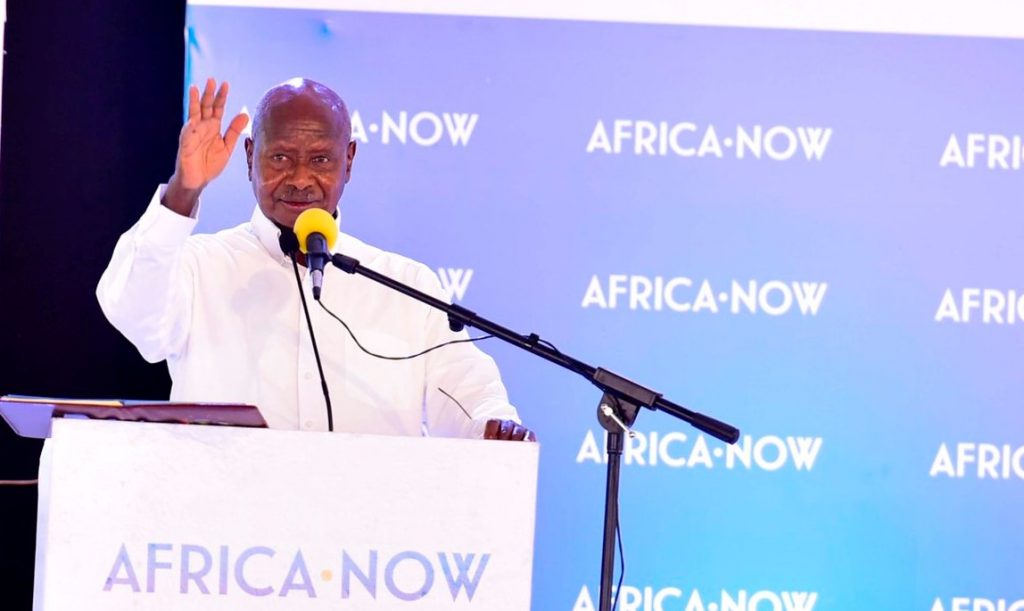 Museveni said African producers must focus on adding value to realise substantial transformation.
Museveni said African producers must focus on adding value to realise substantial transformation.
President Yoweri Museveni has highlighted Africa’s lack of quality manufactured products that can compete in international markets as a major drawback to its economic growth. Sub-Sahara Africa’s share of annual world trade remains at about three percent.
“Africa’s transformation requires a qualitative leap, not just in quantities. We must focus on adding value. Currently we are only getting 10 percent of the total value from our products because we are not adding quality,” he said on Tuesday during a keynote address to the inaugural Africa Now Summit held in Kampala.
He said African producers need to focus more on quality production if they want to gain more from trading opportunities.
Under the theme, ‘Towards a secure, Integrated and growing Africa’, the Summit aims to harness the interminable energy of the African youth in forging a secure, integrated and growing Africa.
According to the organizers, the Kampala-based Africa Strategic Leadership Centre (ASLC), they also want to help encourage and sustain innovation, create knowledge based economies.
The Ugandan President cited poor government economic policies and ideological orientation as additional bottlenecks to generating wealth.
He spoke of the necessity to lift education standards, encourage privatisation and provide an enabling environment of good infrastructure like affordable electricity, transport networks that would strengthen integration and lead to catalysts that quicken Africa’s transformation.
Tony Elumelu, the Nigerian entrepreneur worth $700 million and current United Bank of Africa Chairman, asked African leaders to focus on inclusive growth if real transformation is going to happen.
He said, “What Africa needs are leaders that value and care about each and every citizen. Leaders have to put in place an enabling environment for inclusive growth and not just a few privileged individuals.”
Last year, Albert Zeufack, the World Bank Chief Economist for Africa said, “The region’s economic recovery is in progress, but at a slower pace than expected. To accelerate and sustain an inclusive growth momentum, policy makers must continue to focus on investments that foster human capital, reduce resource mis-allocation and boost productivity. Policymakers in the region must equip themselves to manage new risks arising from changes in the composition of capital flows and debt.”
Elumelu urged leaders to focus on young people since they consist of the largest segment of Africa’s population. He said if not well prepared, Africa’s youth might become Africa’s next catastrophe.
The three-day talks are being attended by several high profile participants including the President of Somalia Muhamed Abdullahi Muhamed , Kenyan Deputy President William Ruto, Tanzania’s Vice president Samia Hassan Suluhu among others. A large cross-section of technocrats and NGOs are also in attendance.
According to Robert Mwesigwa, who chairs the ASLC board, theirs is a foreign policy think-tank. It’s a collaborative initiative of leaders from the public and private sectors, committed to Africa’s progress – through cultivating growth opportunities and investing in the continent’s human capital.

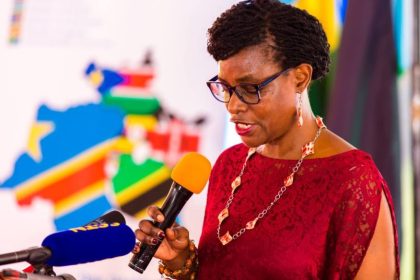 TradeMark Africa introduces new App to limit EAC trade barriers
TradeMark Africa introduces new App to limit EAC trade barriers
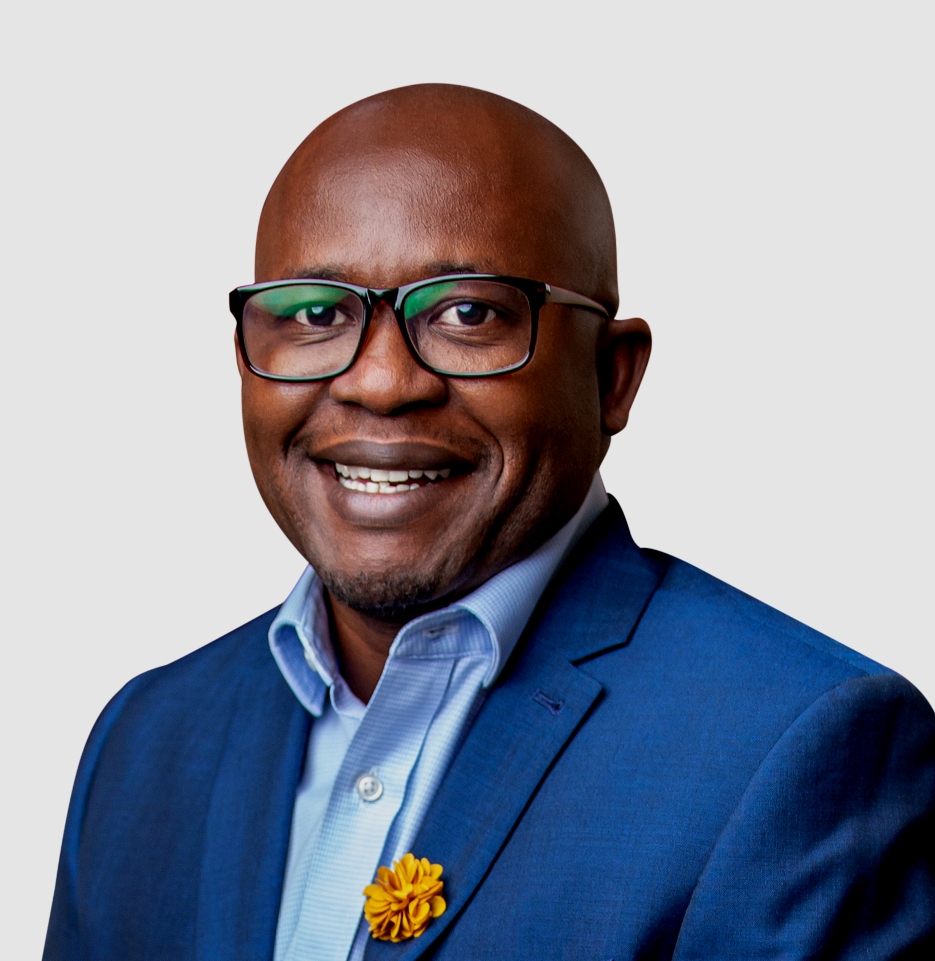 Stanbic Bank Uganda marketing executive awarded African prize
Stanbic Bank Uganda marketing executive awarded African prize
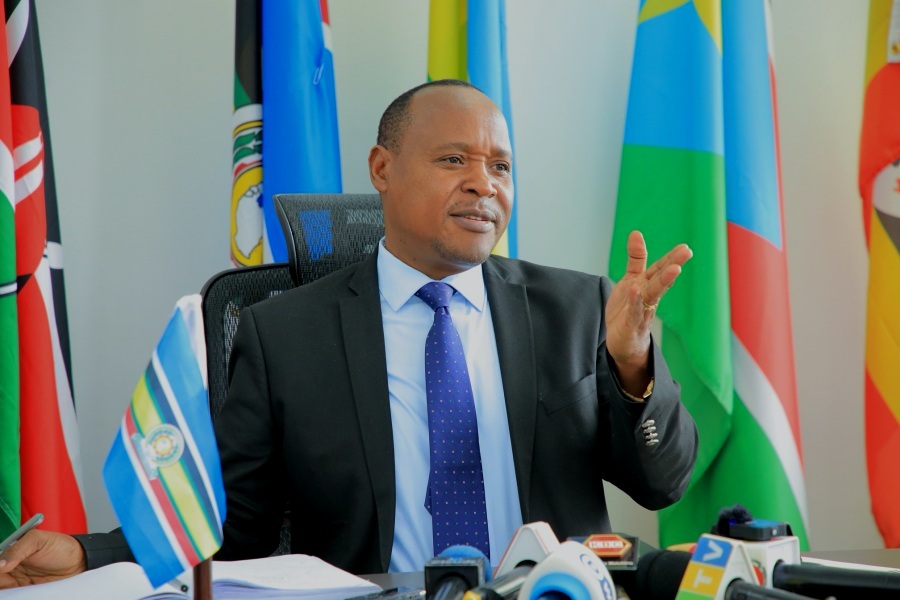 Increased regional trade hindered by NTBs as EAC bloc aims for single currency
Increased regional trade hindered by NTBs as EAC bloc aims for single currency
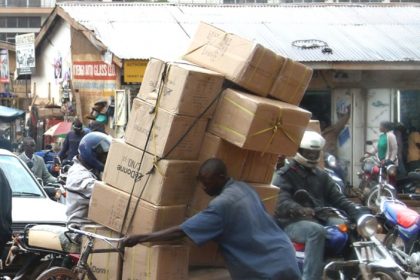 New customer orders help drive private sector output during May
New customer orders help drive private sector output during May
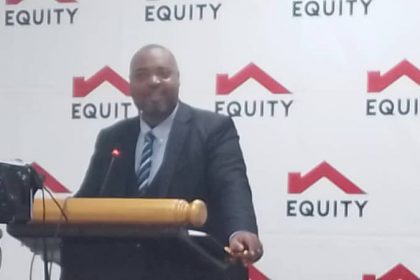 Equity Uganda maintaining positive outlook despite dip in 2022 profits
Equity Uganda maintaining positive outlook despite dip in 2022 profits
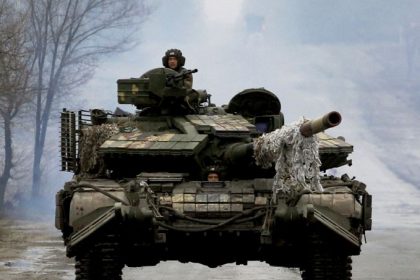 Geo-political tensions threaten Africa’s economic growth prospects
Geo-political tensions threaten Africa’s economic growth prospects
